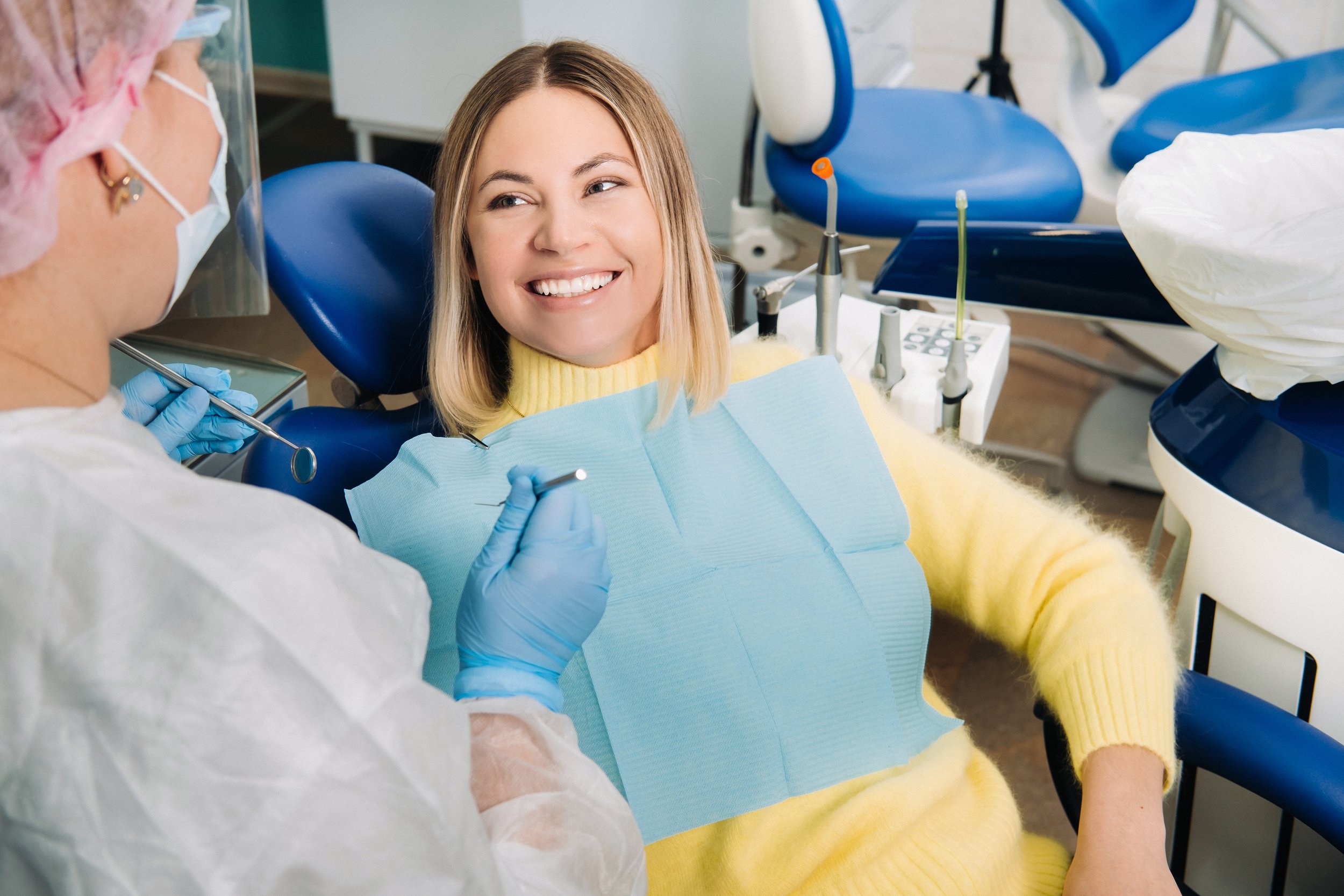Fear of Needles | Aichmophobia
If you have aichmophobia, you are not alone. Many people all over the world have a phobia. Although it can be difficult and scary, it is important to talk to your healthcare provider and seek treatment for your phobia. Aichmophobia can make you uncomfortable around everyday objects like scissors and kitchen knives commonly found in work, home and school environments. It could also prevent you from getting important medical care like getting shots, intravenous care, and necessary blood draws. Everyone deserves to have a high quality of life. The sooner you seek help, the sooner you will feel better.
Fear of Needles
Research has shown that exposure therapy is successful in treating aichmophobia and other specific phobias. People who have a specific phobia and don’t seek treatment are two times more likely to develop an anxiety disorder and depression.
Cause
Healthcare professionals are still trying to figure out the exact cause of aichmophobia. So far, they’ve found that the risk factors for developing aichmophobia can include:
Experiencing or witnessing a traumatic event that involved a sharp object, especially as a child.
Having a family history of anxiety disorders.
Criteria
In general, phobias have at least four criteria for diagnosis, including:
Intense and unreasonable fear: The fear of the object or situation is persistent and out of proportion to an appropriate level of fear.
Anticipatory anxiety: An individual who has a phobia tends to dwell on or dread future situations or experiences that will involve the object or situation they are afraid of.
Avoidance: Many people who have a phobia will actively avoid the feared object or situation. Some go to extreme lengths to avoid the thing they are afraid of.
The phobia interferes with day-to-day activities: The fear the individual experiences have to limit their everyday life in some way in order for it to be diagnosed as a phobia.
Cognitive Behavioral Therapy (CBT)
Cognitive behavioral therapy (CBT) is a structured, goal-oriented type of talk therapy. It can help manage mental health conditions, such as depression and anxiety, and emotional concerns, such as coping with grief or stress. CBT can also help manage non-psychological health conditions, such as insomnia and chronic pain.
Treatment
It can be uncomfortable, but it is important to talk to your healthcare provider if you are experiencing the signs and symptoms of aichmophobia. Therapy can help you overcome your aichmophobia. If you have already been diagnosed with aichmophobia, there are some things you can do to manage your symptoms and feel well, including:
Get enough sleep and exercise.
If you are participating in psychological therapy to treat your aichmophobia, be sure to see your therapist regularly.
Practice mindfulness activities such as mediation.
Practice relaxation techniques such as deep breathing and yoga.
Reach out to family and friends for support.
Consider joining a support group for people who have aichmophobia or specific phobias in general.
What questions should I ask my doctor?
Talking about your mental health can be uncomfortable and scary. Your mental health is just as important as your physical health, so it’s important to talk to your healthcare provider about your symptoms. The following questions may be helpful to ask your healthcare provider if you have aichmophobia:
What kind of treatment do you recommend?
Should I see a therapist, psychologist and/or psychiatrist?
Do you have any recommendations for psychologists, psychiatrists or therapists that I could see?
How long will treatment take?
Do you know of any support groups for aichmophobia or phobias in general?
Do you have any learning resources on aichmophobia I could use?
DENTAL SEDATION SERVICES
At Dental Sedation Services, we provide high-quality, advanced dental anesthesia services to general dentists and dental specialists in New Jersey, Pennsylvania, and the New York metropolitan area. The anxiety that many patients experience when receiving dental care is significantly reduced when treated in a familiar environment. Our office-based anesthesia services make dentistry more accessible and affordable, while offering patients the convenience of receiving comprehensive dental care in their own dental practice. For more information, you can contact us at (732)986-3690, or visit our website.

